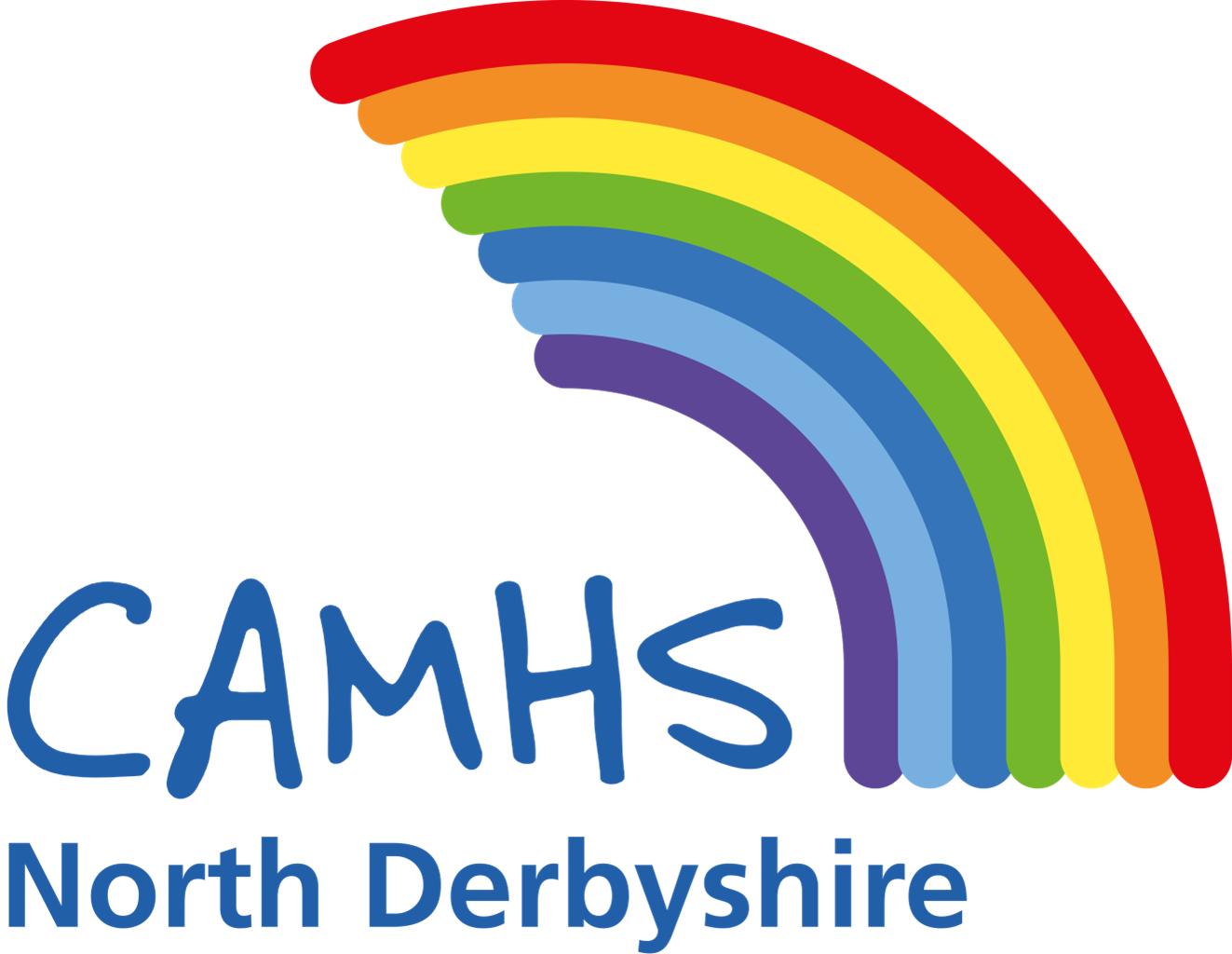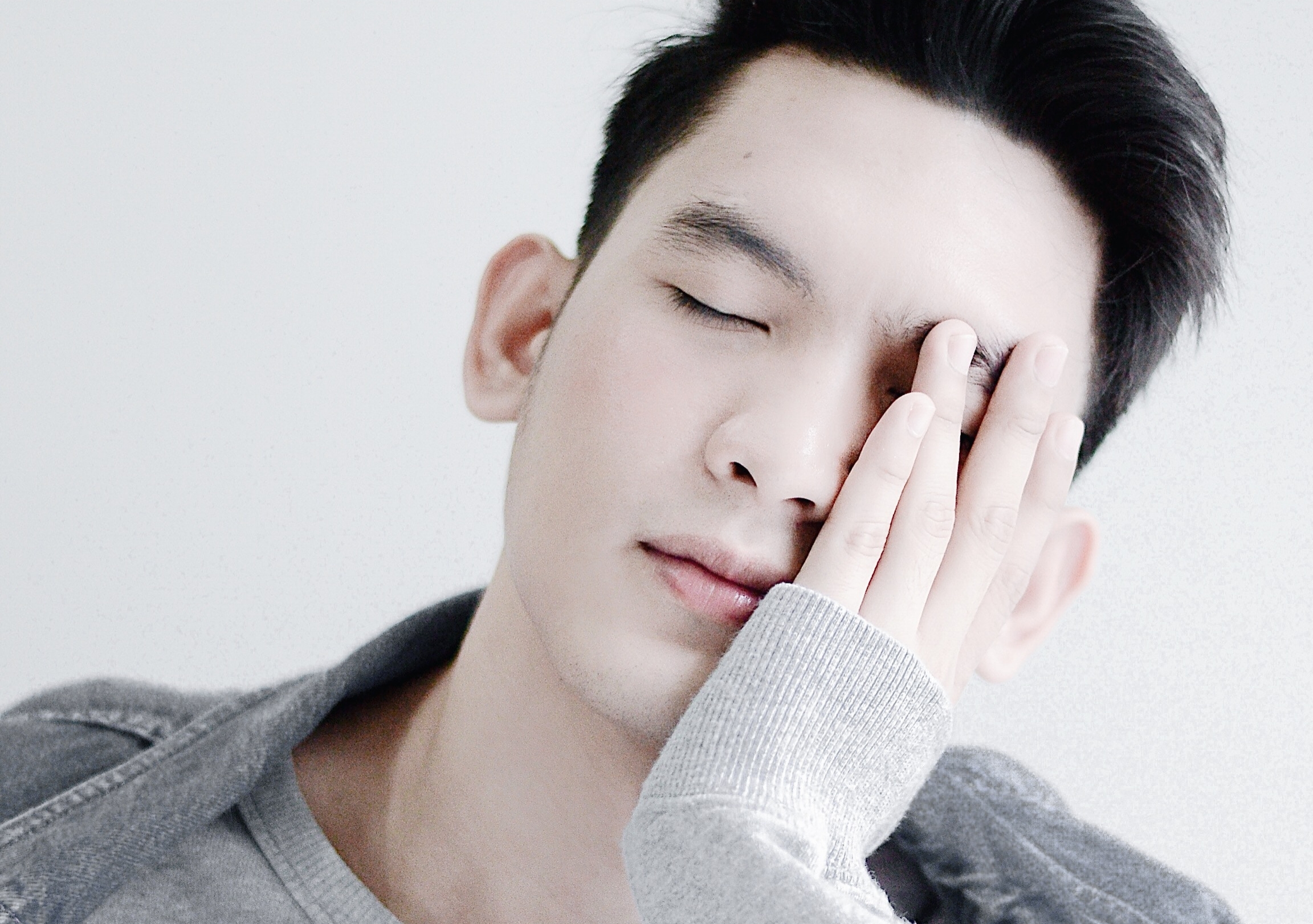common problems
Self Harm
Introduction
Self-harm is when somebody deliberately damages or injures their body. It's usually a way of coping with or expressing difficult feelings, rather than being about wanting to die. However self-harm can result in accidental death. Self-harm behaviours include:
Self-cutting
Taking an overdose
Hitting or bruising
Burning
Hanging
Suffocation
If you have an immediate concern about a child or young person presenting with self-harming behaviour please contact our Urgent Care Team.
WHAT MAKES A YOUNG PERSON VULNERABLE TO SELF-HARM?
Individual factors: depression, low self-esteem, difficulties with problem solving, impulsivity, drug or alcohol use, bullying.
Family factors: mental health difficulties in the family, parental relationships issues, drug alcohol misuse, a family history of self-harm, abuse, neglect, conflict between young people and carers.
REASONS FOR SELF HARM
To manage emotional upset.
To reduce tension.
To distract from emotional pain.
A form of escape.
An effort to regain control over feelings or problems.
To elicit care from others.
To identify with a peer group.
Self-harm can also be a suicide attempt.
WHEN TO SEEK HELP
This is best done through a GP who may decide to refer you to CAMHS where an assessment would be done and a plan made for support and treatment. If your child goes to hospital for reasons related to self-harm, they should be seen by someone who will talk to them and make a thorough assessment of their mental wellbeing.
WHAT YOU CAN DO AS A PARENT/CARER
Listen to your child and let them know that you take their emotions seriously and you want to try to help them.
Try to help them manage their feelings.
Remind them of other ways to cope.
Take talk of suicide very seriously.
Don’t let self-harm become the focus of your relationship with your child.
Remind your child of their strengths and abilities.
Work out with your child ways to make it more difficult for them to self-harm (e.g. by storing medication or removing sharp objects).
Watch for signs of bullying or abuse that may be triggering self-harm.
Further support, advice and self-help
Young Minds gives free, relevant, practical information about a range of mental health issues in children and young people. It has information about feelings and symptoms, conditions and looking after yourself. It also has some specific information about self-harm and what to do about self-harm.
Minded is a free educational resource on children and young people’s mental health for adults, but can also be really useful for teenagers. It covers lot of topics.
Relate gives specific advice for different types of worries and problems aimed at young people.
Papyrus provides confidential support and advice to young people and anyone worried about a young person through a national helpline including text and email services.
Live Well is a really useful booklet that offers guidance and support for anyone affected by suicide, including how to help someone who has been recently bereaved.

